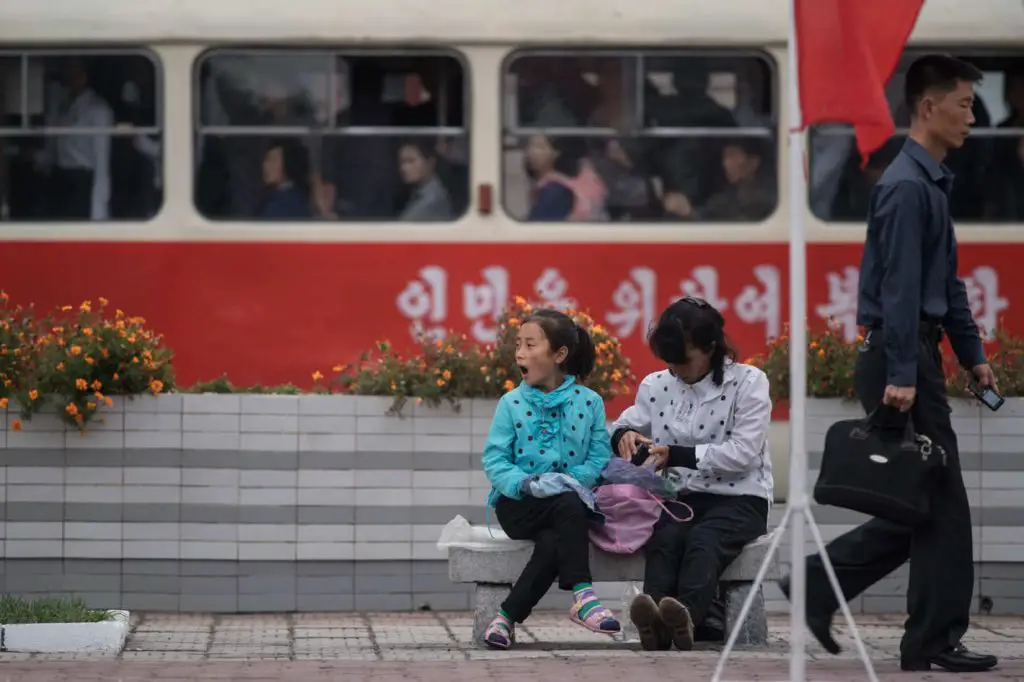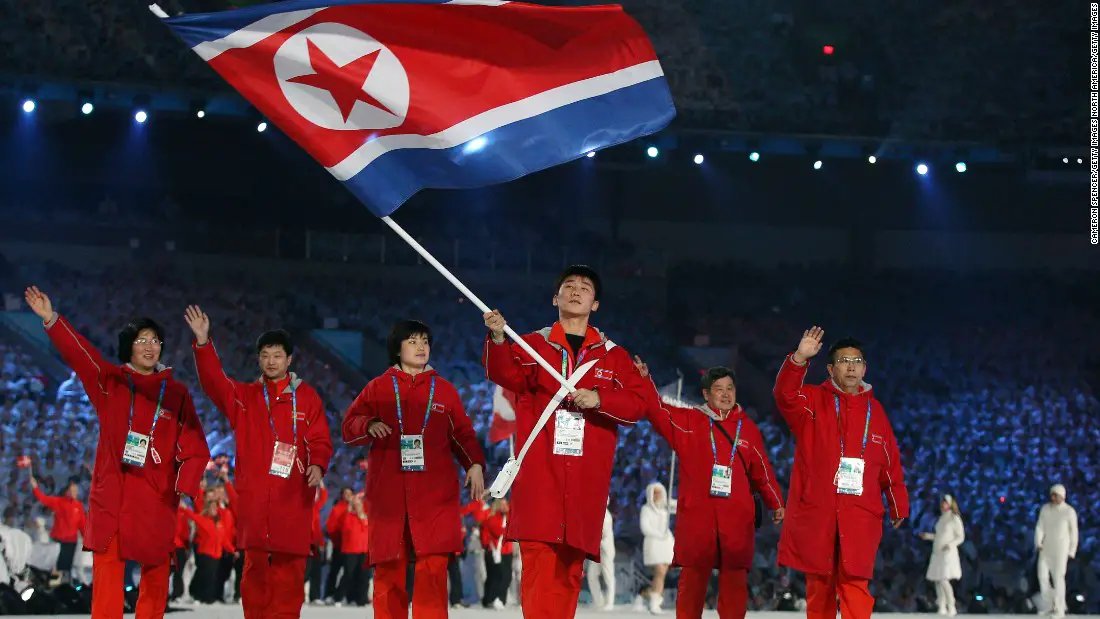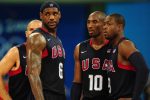The Olympics have always been the time for great celebration when the world comes together to put aside their differences.
It has also been marked for strengthening diplomatic ties between nations in face of difficult worldwide situations or crisis, such as the 1976 Olympics in China, which has started a new era for the politics between the U.S. and Chinese governments.
However, the Winter Olympics this year in PyeongChang, South Korea, are testing the boundaries of how much the world can put aside in celebration of sportsmanship and unity.
As it was announced earlier this year, for the first time, the North and South Korean sportsmen and women would march under a single unified flag in a show of unity and, potentially, a sign toward peace. This single event has created a ripple effect in the diplomatic community with many applauding the idea as a brave and progressive moment.
Yet, critics continued to point out that the event had created another major controversy to the Winter Olympics.
Currently, North Korea is known to the world for its ongoing ridiculous Twitter battle against President Donald Trump and its potential to hurtle the U.S. toward a nuclear war as the U.S. refuses to accept the North Korean nuclear program.
What is often left out of these current conversations about North Korea is the horrific and deadly human rights abuses that are happening in North Korea.
North Koreans who hold an opposite opinion to that of the reining government are imprisoned in concentration camps and forced into poverty, which results in their constant attempt to flee the country despite the risk death if they get caught mid-way.
While it might be easy to brush off the North Korean situation as another crazy tweet the President made, the situation in North Korea is one of true human rights abuse. This leaves us wondering: Why are we praising North Korea being at the Olympics in this moment?
Not only are the North Koreans accused of maintaining Soviet style gulags, but they are also notorious for mentally abusing their athletes, which calls into question the true motivation behind North Koreans athletes competing in the Olympics.
An article on Newsweek detailed the story of Han Seo-hee, a North Korean defector, as she recalls the psychological torture she endured as a cheerleader in North Korean’s “Army of Beauties.” “We were not just there to cheer; we were told to go into the heart of the enemy.”

According to Han Seo-hee, the North Korean government attempted to brainwash their athletes before leaving the country. Han Seo-hee was trained to see her foreign competitors not just as equal opponents in a game of sports but as an enemy to herself and her country.
Seo-hee also recalls how she meant to promote the idea of Juche, North Korea’s official state ideology of self reliance, while abroad. She was coached and trained to ensure she would not fall victim to the entrapments of capitalism.
Newsweek also claims that Suki Kim, a journalist who went undercover in North Korea, reported that athletes are prohibited from speaking about their travels to The Olympics at home.
This seems to collaborate with a New York Times article published on Feb. 15, which reports that North Koreans are not even permitted to watch this year’s Winter Olympics on television. This is part of the North Korean propaganda machine, which aims at preventing any positive information about South into the country.
The article cited Lee Min-bok, “For the North Korean regime, there is no big incentive in reminding its people that the South lives well enough to host an Olympics, Unless one of its athletes wins a surprise medal, it’s not likely to broadcast any competition to its people.”
To many people, this is a sign that the march together was nothing but pretention. The fact that the North Korea people are not even permitted to watch the Winter Olympics should call for other western countries to reevaluate whether or not allowing the North Koreans in the event was a good idea.
For many North Korean defectors, the South’s seemingly warmness towards the North lacks sympathy to human rights victims who have risked their lives, faced horrible abuse and left their families behind in order to flee North Korea.
To make matters worse, at the beginning of the Winter Olympics Games, people were actively praising the dictator of North Korea’s sister, Kim Yo Jong, for solving this diplomatic crisis by pure beauty and charm while attending the Olympics in South Korea.
However, this fundamentally ignores the human rights abuses that Kim Yo Jong herself actively participates in for Kim Yo Jong is not solely the sister of the dictator — she’s the deputy director of the Propaganda and Agitation Department.

Moreover, Kim Yo Jong’s status as a member of the Kim family also means otherwordly privileges over millions of average North Koreans. As one defector told the Washington Post, “It’s like a religion. From birth, you learn about the Kim family, learn that they are gods, that you must be absolutely obedient to the Kim family.”
The iron grip the Kim family has over North Korean people means that, however unimaginable, any perceived insult to the Kim family can result in three generations of a family being hauled off to concentration camps. Again, one needs to ask why the Winter Olympics praised a member of this family.
The march of unity between North Korea and South Korea, after all, appears to be anything but “putting aside its differences.” The North Korean’s regime has no intention of true reconciliation with the South given its refusal to broadcast the Olympics and its tight censorship against any positive information about its neighbor.
Given the accusation of mental abuses of its athletes to prevent deflections, we may conclude that the North Korea government was using the Olympics to take off international pressure rather than promote peace.
Therefore, to many, this move to allow the athletes for North Korea compete alongside their Southern counterparts failed to capture the essence of unity in the area. On the contrary, it is being used by the government of North Korea to dupe the West into neglecting their multiple ongoing issues.
Until the North Koreans begin to treat their people in a humane way that is deemed fit by U.N. standards, they should not be allowed to compete in international events such as the Olympic Games.

















